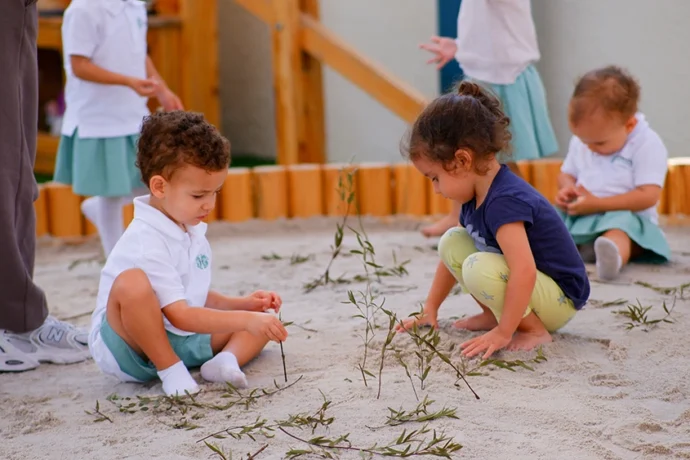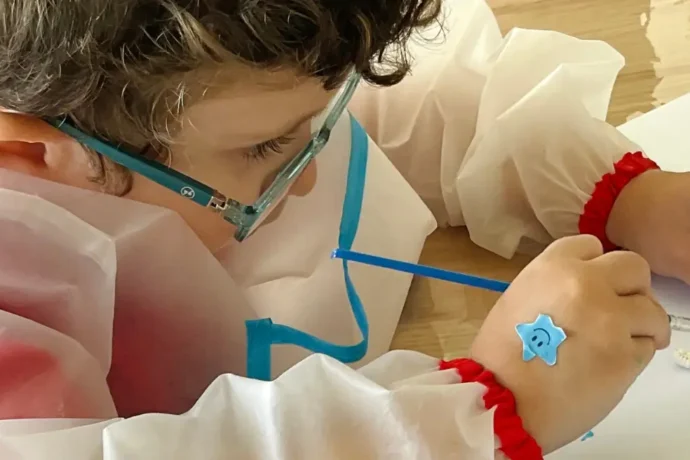Language Development: Tips for Parents
As parents, you play a vital role in shaping your child’s language development journey.
From babbling sounds to expressing thoughts and ideas, your interactions and guidance can enormously impact your child’s linguistic skills. In this article, Nathalie Barsoumian, consultant in education and founder of Handprint Early Childhood Center, shares valuable tips and strategies to support and enhance language development in your little ones, fostering a vibrant environment for communication and learning.
Start early, talk often
From infancy, engage in frequent conversations with your child, describing actions, activities, objects, and emotions to expose your child to various words and language structures. Respond warmly to your child’s vocalizations, encouraging them to interact and communicate with you.
Read together
Make reading a particular time in your daily life. Choose a diverse range of age-appropriate books with engaging illustrations and stories. Encourage your child to build connections, ask questions, and relate the story to their experiences.
Create language-rich environments
You can help your child develop language skills by naming objects around the house, using descriptive language, and playing word games.
Listen to music, sing, and play nursery rhymes to discover melody, rhythms, and language patterns. Use multimedia to supplement language learning in a fun and interactive way based on their age.
Foster active listening
Practice active listening during conversations with your child, showing undivided attention and respect for their feelings, thoughts, and emotions. Model clear and articulate speech, emphasizing correct grammar and pronunciation. Wait patiently for your child to reply and allow them the opportunity to express themselves fully.
Encourage play
Engage in imaginative play activities like role-playing and storytelling to reinvest language and stimulate creativity.
Provide open-ended materials and toys that encourage exploration, problem solving, and interactions. You can check Montessori and Reggio Emilia as play based approaches. Arrange play-dates with peers to facilitate social skills and language development through interaction.
Embrace multilingualism
If you speak more than one language at home, you can continue using both languages with your child without worry.
Expose your child to various languages and cultures through books, music, or cultural activities.
Respect and celebrate your family’s linguistic culture by developing appreciation and pride for multilingualism.
By implementing these language development tips in your everyday life with your child, you can establish a stimulating environment that promotes strong communication skills and a love for language that will be carried during nursery and preschool years. Remember that every child is unique, so let’s embrace their individuality and celebrate their uniqueness. Try to familiarize yourself with language development milestones in the early years. Don’t hesitate to consult with healthcare providers if you have any concerns about your child’s language progress or if you notice any signs of speech or language disorders.



